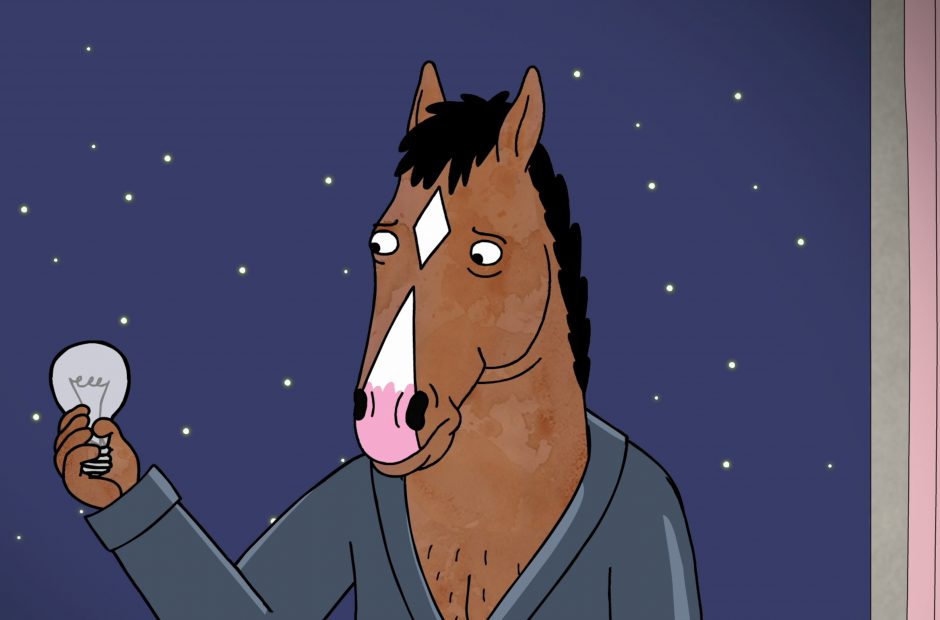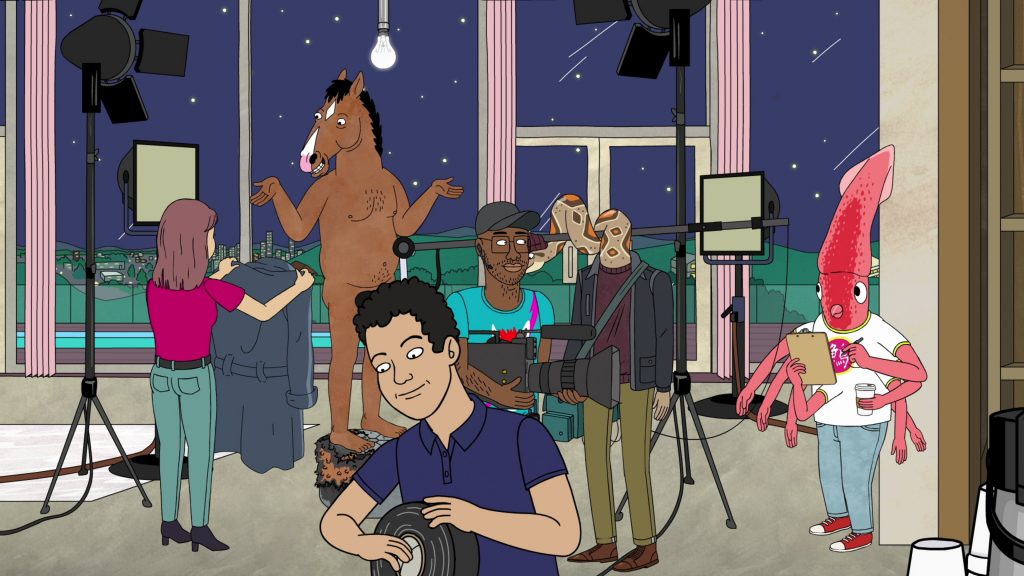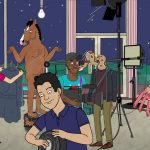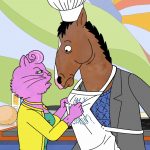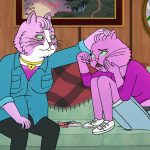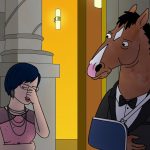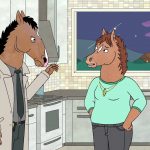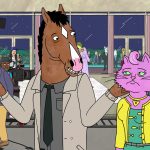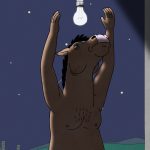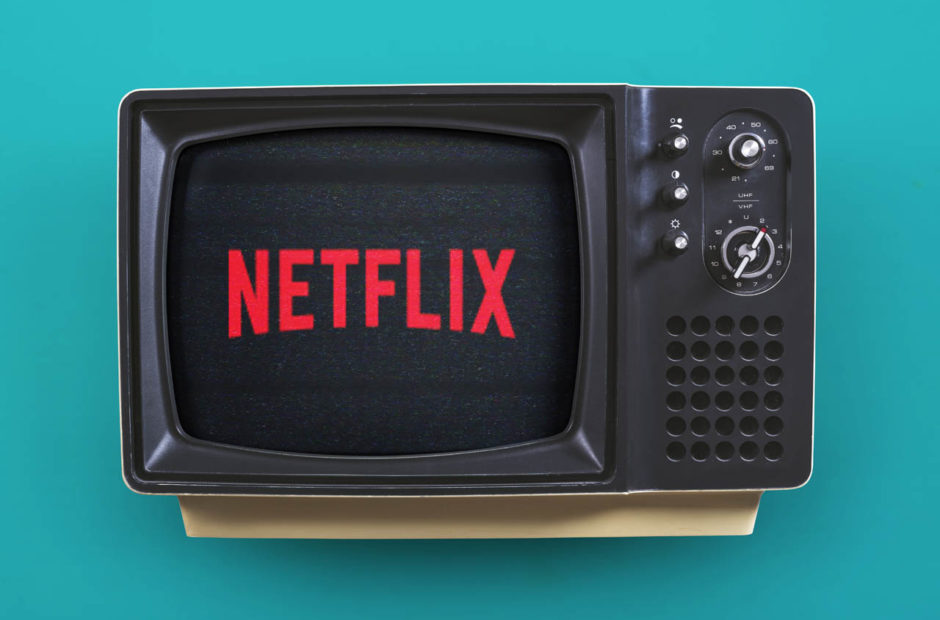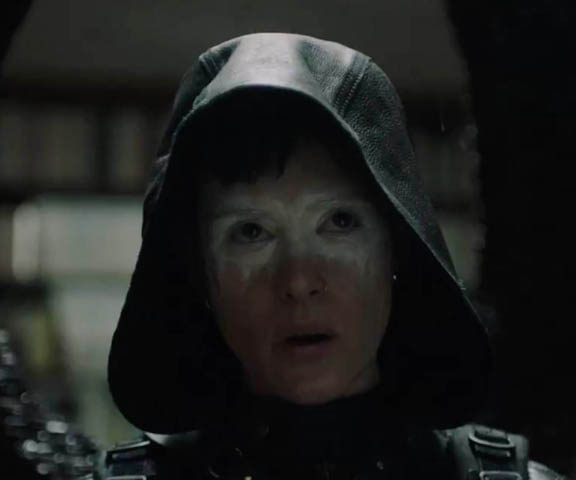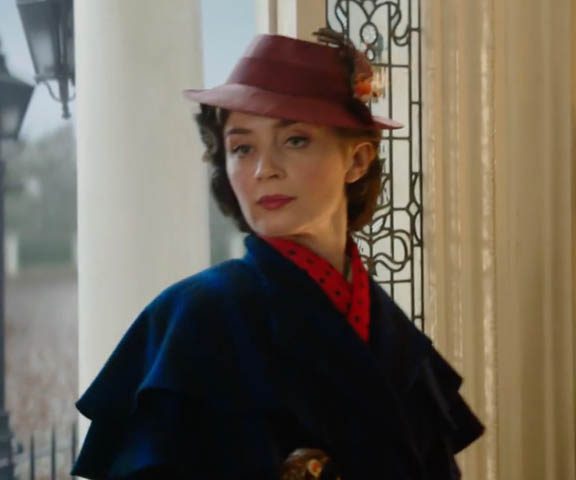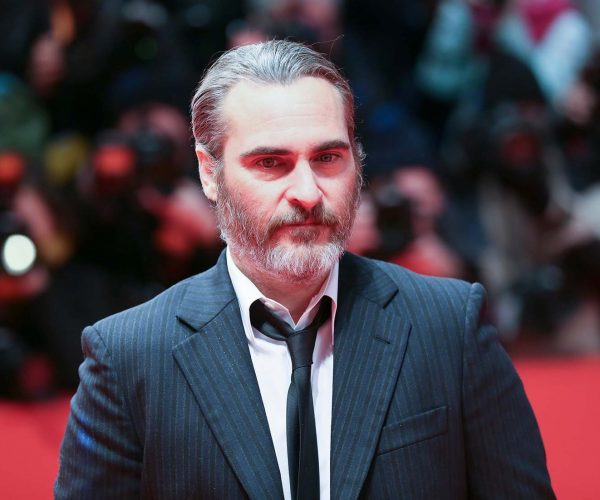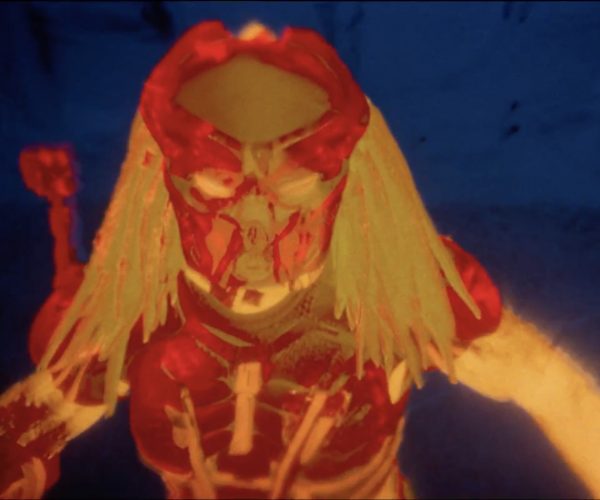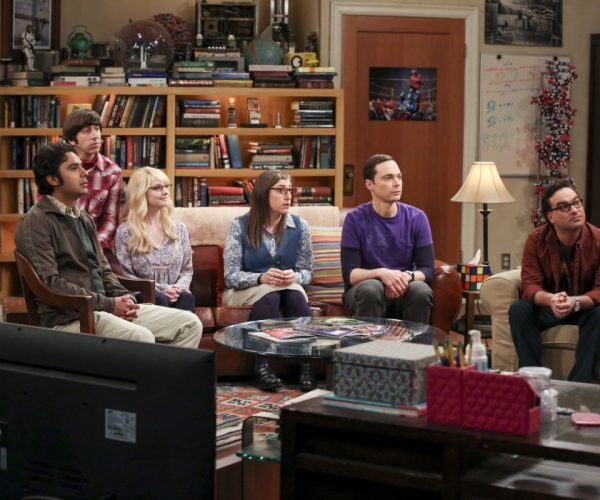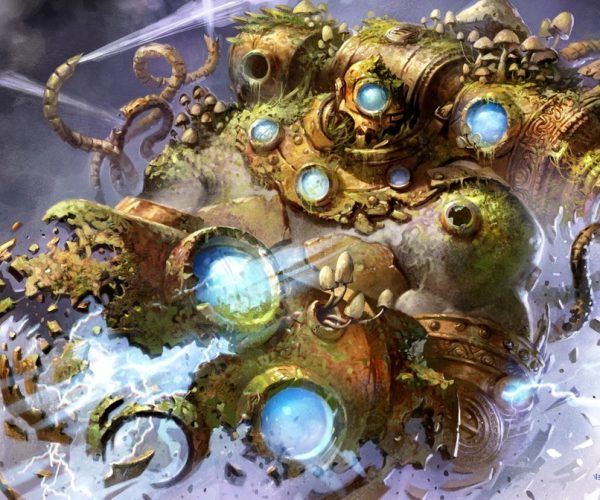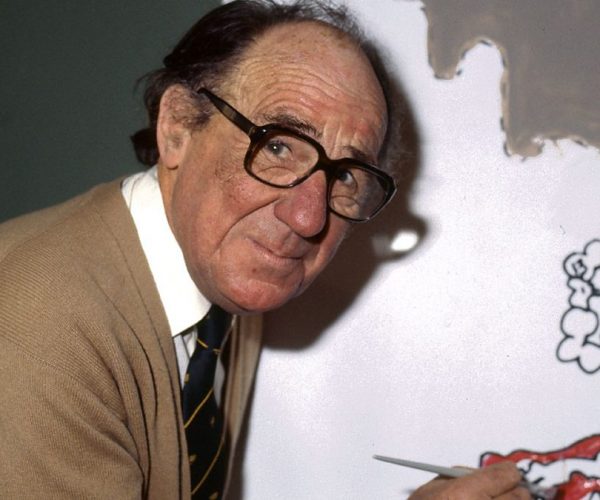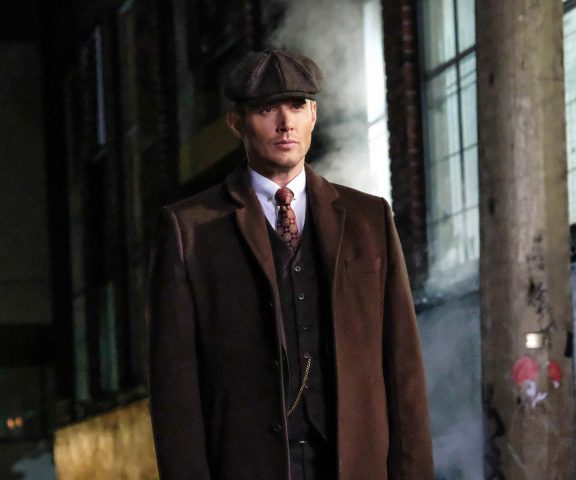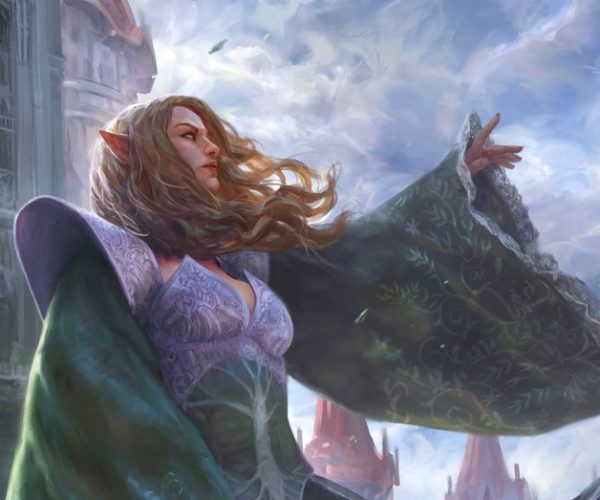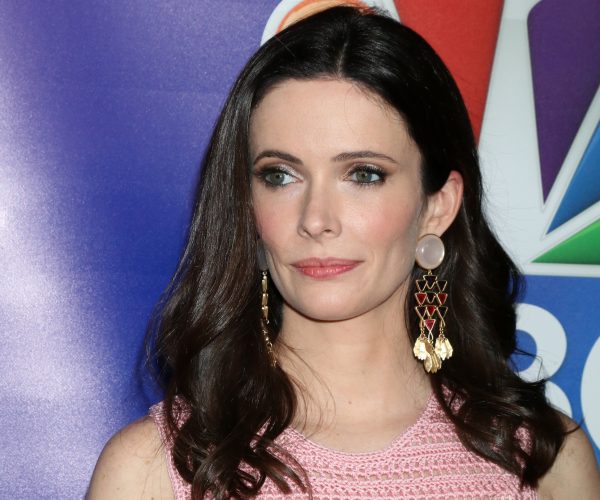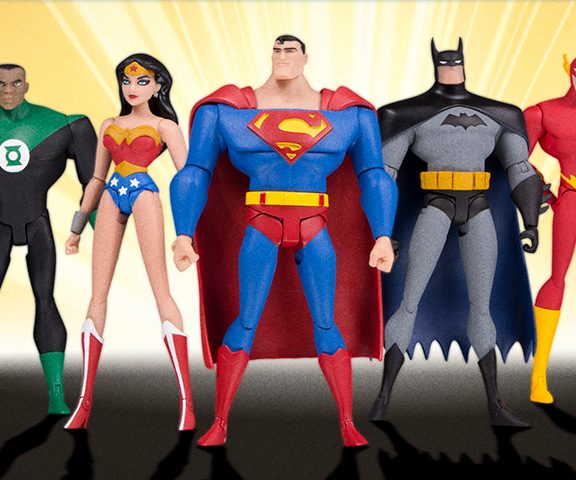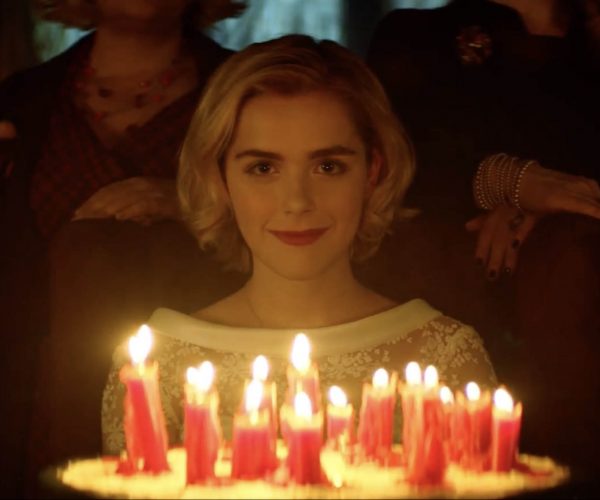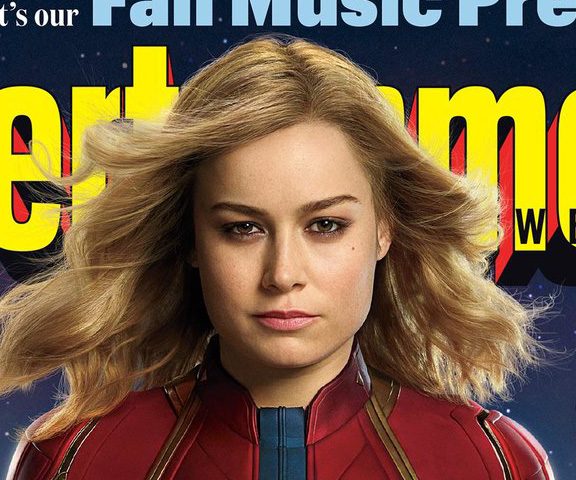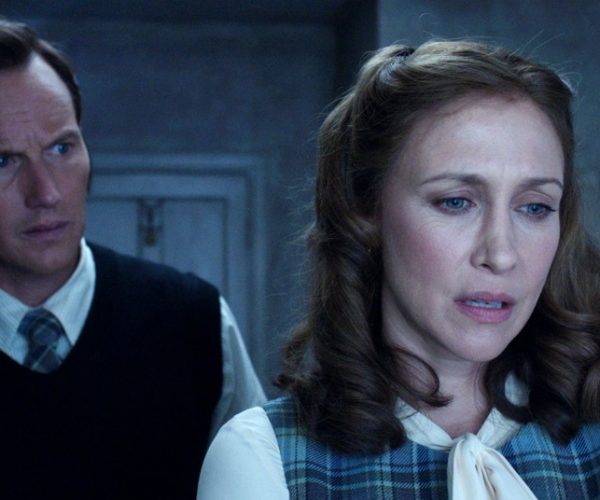Bojack Horseman isn’t okay, and the things he does aren’t okay. But his show loves him enough to never look away from his mistakes.
Bojack Horseman is a show about forgiveness and accountability from inside and out. It’s about how we deal with pain and sadness and how our struggles connect us to our friends and vice versa. It’s about how our actions make us who we are. That the world can happen to us, but that our responses are our choices and our responsibility. Across five seasons, almost every part of the show seems to connect back to these themes.
Season 5 feels like the beginning of a long payoff for everything that’s happened so far. It never quite gets as experimental as some past episodes have, but that doesn’t keep it from maintaining its status as one of the best shows currently in production.
There may be light spoilers ahead.
When we meet back up with Bojack, his new show Philbert is under production, and he arrives on set to find that the set looks exactly like his own Los Angeles house – the better to enhance the sense of self-destructive loneliness of the character he’s playing in the show. We also meet his co-star, Gina (played by Stephanie Beatriz, Rosa Diaz on Brooklyn Nine-Nine), an actress who has resigned herself to consistently working but never achieving the kind of stardom that signifies success.
The other characters are also working through their respective personal purgatories. Princess Carolyn continues to pursue her goal of “having it all” – a successful career as a Hollywood agent and a mother. Diane and Mr. Peanutbutter’s marriage is in the final stages of its disintegration, and both of them have to deal with the fallout from that while maintaining similar circles of friends and very different financial statuses. Todd is continuing to figure out who he is, having only recently realized that he’s asexual.
The show puts all of this in the context of the particular moment we’re in culturally. Prestige TV is the “it” thing, with all kinds of networks and sites hoping to get into the streaming-TV game. (Philbert is produced by WhatTimeIsItRightNow.com, a site for people who don’t know what time it is.) In greater popular culture, many men we formerly looked at simply as stars and celebrities are being outed as abusive men, ousted immediately and then forgiven almost as quickly.
The show doesn’t suggest that it has an answer to any of this, or that any of it is simple. What it does have is perspective and a point of view. It looks at these questions both through the lens of Bojack himself and by way of a sendup of Hollywood in general.
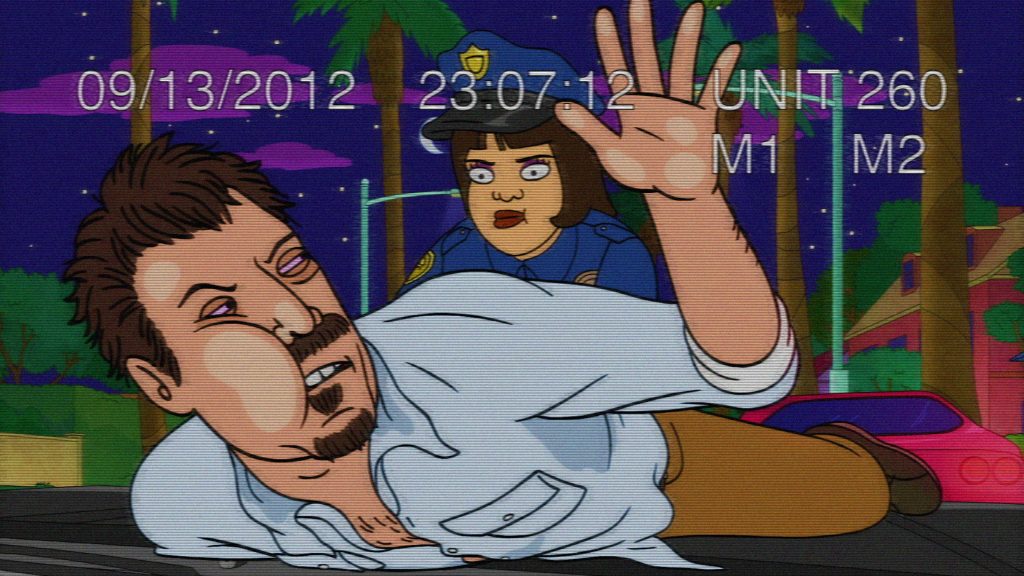
Sometimes the insights are delivered purely through humor. At one point a sex robot of Todd’s creation, which brandishes toys and randomly spouts adult phrases, manages to get itself a job as the CEO of WhatTimeIsItRightNow. The robot’s canned bot-speech, using the language of dominance and assertion, nods at the way we think “powerful” businessmen ought to talk and act. Later, the robot is unceremoniously dumped as CEO for making a pass at a coworker, only to be offered a job as an executive at AOL-TimeWarner-Pepsico-Viacom-Haliburton-Skynet-Toyota-TradeJoe’s Corporation by an executive on his way out the door.
Other times the material handled straight-on. After Bojack accidentally stumbles into the role of male feminist, he quips that the problem with feminism was that “it wasn’t men doing it.” Later, though, his magnetic attraction to intoxication results in him hurting his co-star. Gina has taken a straight-on perspective on her career throughout the show, and she takes that to its logical conclusion here when she tells Bojack that she wants to be remembered for what she does, not for what he did to her.
Through all this, Bojack is slowly coming to understand the way his actions affect others. The key word is “slowly”: He tries to learn from his actions, but he constantly backslides, and gets frustrated when he can’t immediately fix everything. It’s organic, start-and-stop development that feels truer to the way wrecked people pull it together than a lot of other, tidier shows’ arcs. By the end of this season, he seems to have twigged to how in fact there isn’t a magic wand for bad things that he’s done. Outing him and turning him into a pariah won’t fix him, nor will popping pills to ignore the pain.
The show may be named Bojack Horseman, but it’s become at least as much an ensemble show. Diane, Princess Carolyn, and Todd are all equally important members of the cast – they’re not supporting characters so much as co-stars.
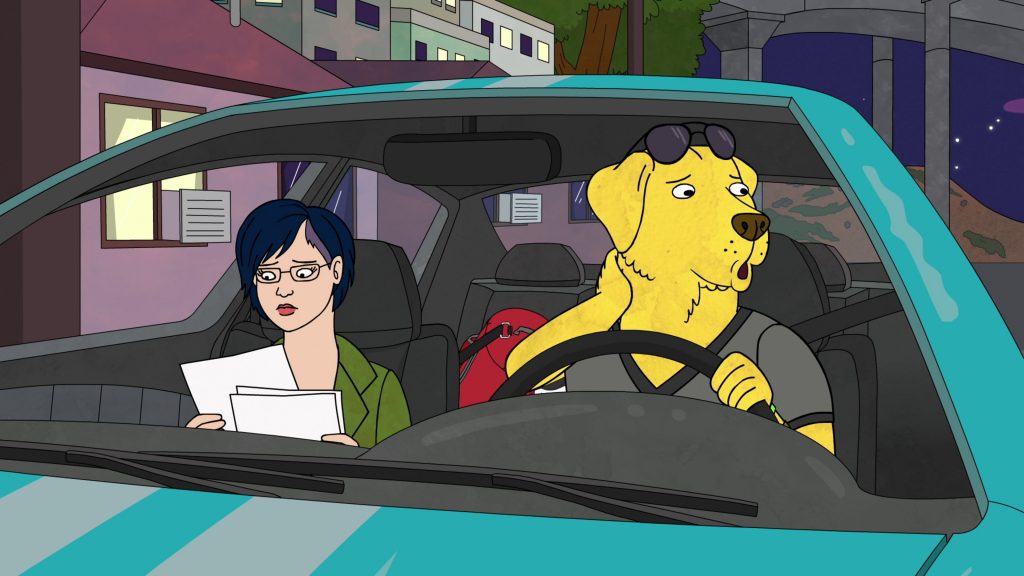
In the wake of his divorce from Diane, Mr. Peanutbutter is trying his hand at serious acting, leading to some hilarious scenes of him trying to be tough and failing miserably, while he also is starting to question why his marriages – Diane was his third – all seem to fail, even as he starts up a fling with a pug waitress named Pickles. Mr. Peanutbutter’s relentless positivity and enthusiasm stand in stark contrast to Bojack’s nihilistic self-loathing, but we’re reminded in both small moments – like the moments he has alone with Diane – and big ones – like the blowouts at Bojack’s annual Halloween parties – that he’s self-destructive in his own way.
Diane, meanwhile, is starting to take personal responsibility for who she is. She’s starting to see clearly how her actions have enabled bad men to be bad, whether it’s through being supportive of Bojack or taking part in creating a show about a bad man.
Princess Carolyn is also more fleshed out. She’s no longer just a fast-talking, bullsh*tting Hollywood agent, but someone who wants a future in the form of adopting a child and has a past. She spends part of the season back in her hometown in North Carolina, trying to come to terms with her roots there.
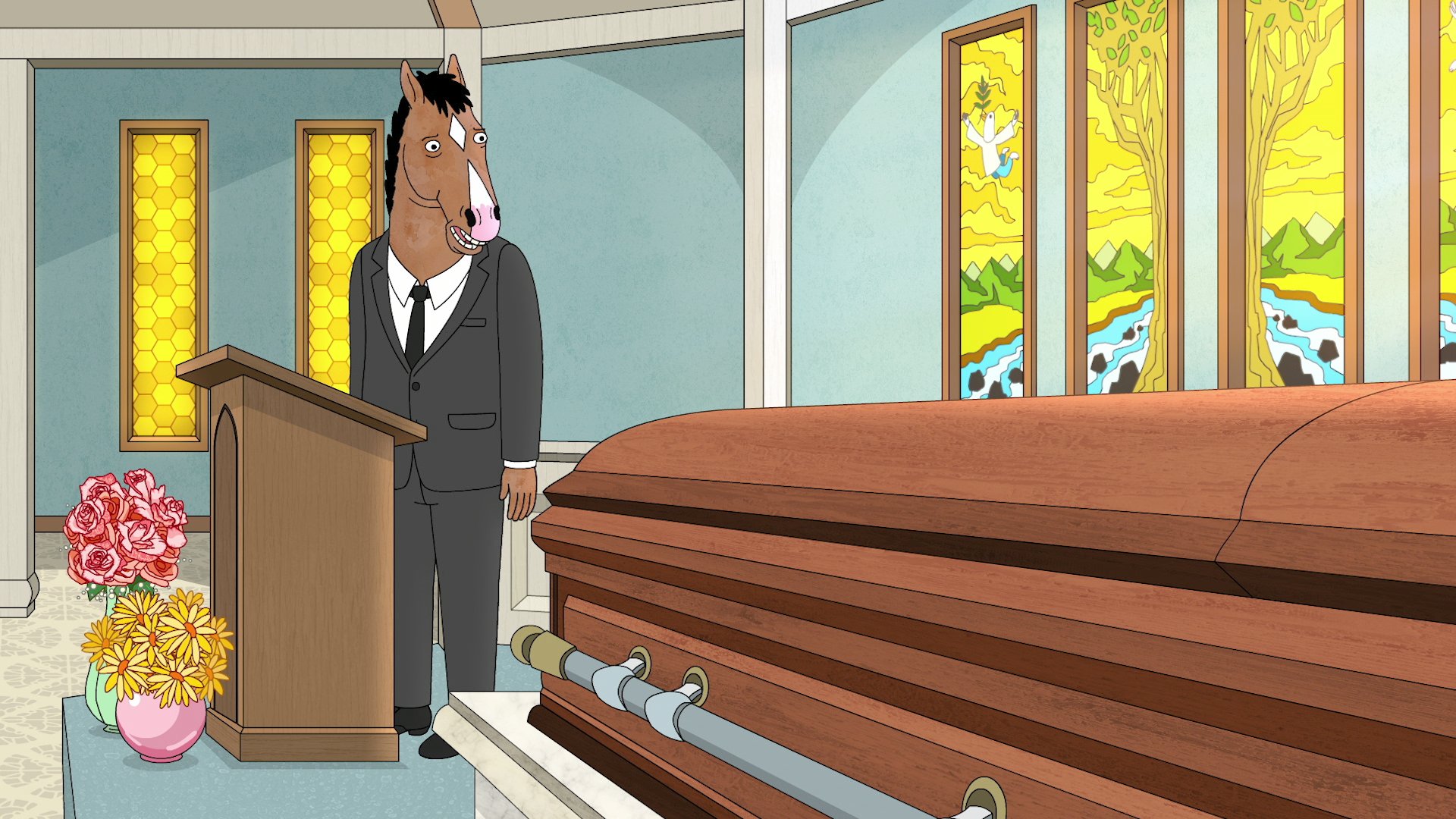
I mentioned before there aren’t any episodes quite as experimental as the show’s highest heights – e.g., “Fish out of Water” and “The Old Sugarman Place”. But one standout episode in this season is “Free Churro,” which is essentially a half-hour eulogy from Bojack to his cruel and mercifully deceased mother. It shows off just how strong the deceptively simple art of the show is, and how fully actor Will Arnett is owning the character of Bojack. The episode is an unflinching look at the way we handle death and talk about the dead: People expect us to speak well of the dead even if they’ve served only to make our lives more difficult and painful.
Bojack Horseman is a Trojan horse, pun intended. The show is filled with silly sight gags, jokes entirely around rhyming tongue twisters, and it’s full of neon-bright colors and anthropomorphic animals with names like Mr. Peanutbutter and Officer Meow Meow Fuzzyface. But it’s is as good as television gets. It’s about the toughest topics, and it handles almost all of them with style, grace, and care. It pessimistically believes that there’s no such a happy ending, but idealistically hopes that anyone and everyone can change for the better – if only they want to.
